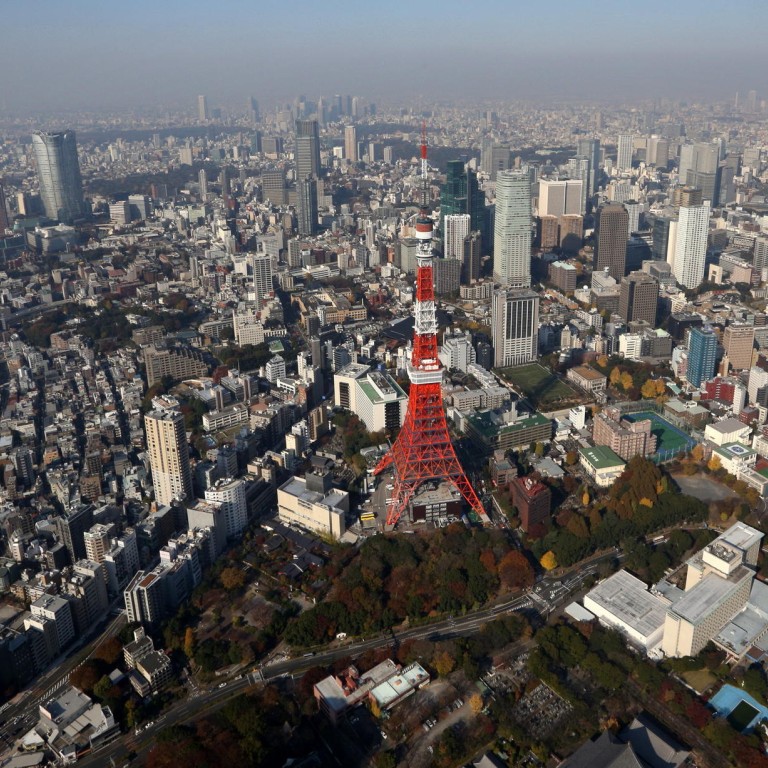
Tokyo seen as No 1 market in Asia Pacific for property investment in 2014
Japanese capital has emerged as magnet for investment in wake of major reforms introduced with aim of boosting economy
Tokyo is being seen as the top destination for real-estate investment in the Asia-Pacific region next year, according to an industry report by the Urban Land Institute and PricewaterhouseCoopers.
The city emerged as an investment magnet soon after the introduction of dramatic economic reforms aimed at boosting the economy, according to the Emerging Trends in Real Estate Asia Pacific investment prospects survey.
The report reflects the views of 250 people who completed surveys or were interviewed. The interviewees and survey participants include investors, fund managers, developers, property firms, lenders, brokers, advisers and consultants.
Transaction volume in Tokyo picked up significantly this year and, with the success of the stimulus programme yet to be determined, buying is expected to continue next year, the report shows.
Shanghai ranked as the second most attractive market for investment.
Despite falling rates of capitalisation and stagnant rental growth, real estate in the city continues to draw international investors because Shanghai is widely perceived as a well-known, low-risk market for those who are unwilling to venture into lesser-known cities, according to the report.
The survey also registered continuing interest carried over from last year in assets located in Asia's emerging markets, including Jakarta and Manila in particular, despite problems of various kinds from a lack of transparency to a lack of investable stock. In terms of development prospects, Jakarta is ranked first.
"While Asia's robust market has been accompanied by higher prices and lower yields for core products, investors have reacted not by pulling away from real estate in Asia but by finding new ways to make the numbers work, including a focus on specialised property types such as senior care or logistics, and on opportunities in emerging markets," said ULI North Asia chairman Raymond Chow.
K. K. So, the Asia Pacific real estate tax leader at PwC Hong Kong, said: "If we look at new ways to enhance returns, we can see investors are trying to enter at the development level and an increasing number of co-invested development deals are now being struck."
"Several large institutional players that have opened offices in Asia in order to gain access to direct deals have opted to co-invest in development sites as a means of securing core assets that would otherwise be unavailable or be too expensive."
The report also says international funds have generally bypassed Hong Kong recently for several reasons, among them cooling measures that included a doubling of stamp duty.

